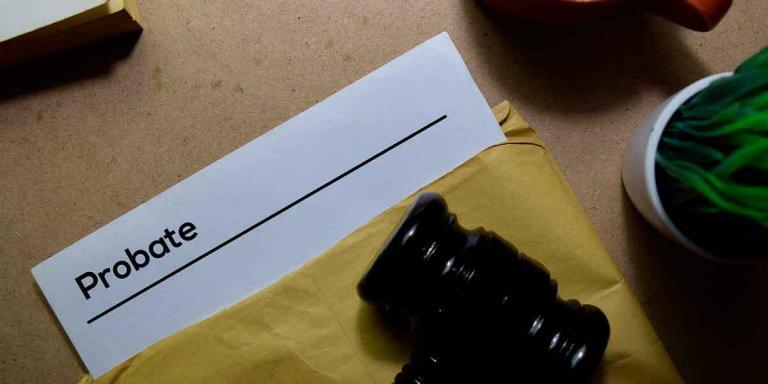
Estate Planning
Best Probate Attorney Near Me 10035
What is Probate? Probate is a very common word, though not as common as “Estate”. A competent and wise estate planning attorney will advise you
Home » Probate Attorney Near Me 10035

What is Probate? Probate is a very common word, though not as common as “Estate”. A competent and wise estate planning attorney will advise you